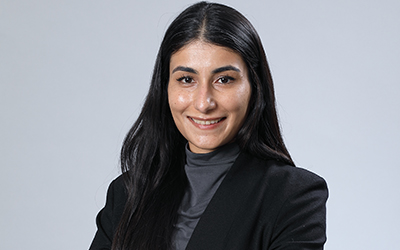Dr. Ali Salahpour, University of Toronto
Pilot Project Grant, $75,000 over 2 years, co-funded through a partnership between Parkinson Society British Columbia and the Parkinson Canada Research Program
Project description:
Dr. Ali Salahpour from the University of Toronto is investigating the potential of combining L-DOPA, the most effective drug therapy for Parkinson’s disease (PD), with cannabinoid compounds to enhance treatment efficacy and reduce side effects. Long-term or high-dose use of L-DOPA often leads to L-DOPA-induced dyskinesia (LID), a significant and undesirable side effect characterized by uncontrollable, dance-like movements. The research aims to find out if cannabinoid compounds, which interact with the dopamine system affected in PD, can improve the effects of L-DOPA and reduce LID.
Preliminary results in animal models indicate that compounds acting on the cannabinoid system can enhance L-DOPA response. The current project systematically tests 11 different cannabinoid compounds for their potential to improve L-DOPA response and reduce LID. Success in this area could revolutionize PD treatment, providing substantial benefits by enhancing drug efficacy and reducing dyskinesia.
As a scientist working on the dopamine system, Dr. Salahpour is interested in Parkinson’s, but is also working on rare diseases of the dopamine system, such as Dopamine Transporter Deficiency Syndrome, which is also called infantile parkinsonism-dystonia. As a pharmacologist, his goal is to try to find new drugs or treatments that could be beneficial for individuals with these diseases.
Source: Parkinson Canada Research Program.







